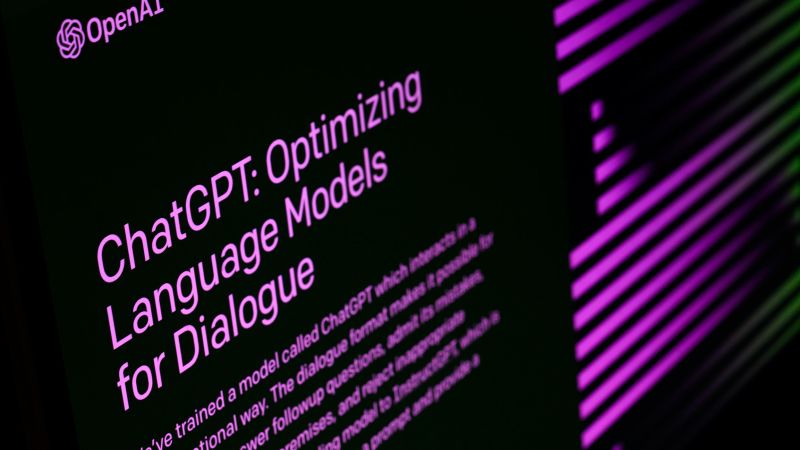When AI companies engage in scraping and digesting vast amounts of meticulously crafted news articles, the comparison drawn is akin to art students honing their skills by replicating iconic works like the “Mona Lisa.” However, the question arises whether this practice constitutes a valuable learning experience or an unjust form of appropriation.
The New York Times recently initiated legal action in federal court in Manhattan, alleging that AI firms such as OpenAI and Microsoft Corp. are infringing on copyrights by utilizing their content without authorization. These companies are likely to assert a defense of “fair use” concerning their training of AI models like ChatGPT on copyrighted materials, as demonstrated in a separate lawsuit involving comedian Sarah Silverman and other authors against Meta.
While some experts advocate for a concept of “fair learning” to justify the wholesale reproduction of copyrighted materials in AI training datasets, the replication of specific Times articles by AI outputs, as highlighted in the lawsuit, challenges the notion of fairness. Without a valid fair use defense, AI firms could be held accountable for copyright infringement, granting publishers like the Times the right to share in the profits generated from their content.
In response to the Times’ legal action, OpenAI emphasized its commitment to respecting content creators’ rights and collaborating with them to ensure mutual benefits from AI technologies. The evolving landscape of generative AI raises concerns about the potential impact on human creativity, particularly in comparison to the innovative processes employed by artists and musicians in developing their unique styles.
While generative AI systems aim to mimic established human creations and styles, there are limitations to their current capabilities, often resulting in imitations rather than truly original outputs. The industry’s reliance on existing materials for training purposes constrains the potential for breakthrough creativity that transcends mere reiterations of familiar styles.
The ongoing debate surrounding generative AI’s role in creative industries underscores the need to distinguish between transformative use and outright replication of copyrighted content. By reproducing substantial portions of existing works without adding significant value or commentary, generative AI risks undermining the principles of fair use and market competition.
Moreover, the proliferation of AI-generated content poses challenges in distinguishing factual accuracy from fabricated or altered information, blurring the lines between legitimate news sources and misinformation. This phenomenon of AI “hallucinating” stories further complicates the issue by potentially infringing on trademark rights and misattributing authorship.
In essence, the unchecked proliferation of generative AI technology raises concerns not only about intellectual property rights but also about its broader implications for creativity, democracy, and the integrity of information. Addressing these challenges necessitates a balanced approach that upholds ethical standards and safeguards the interests of content creators and society as a whole.






